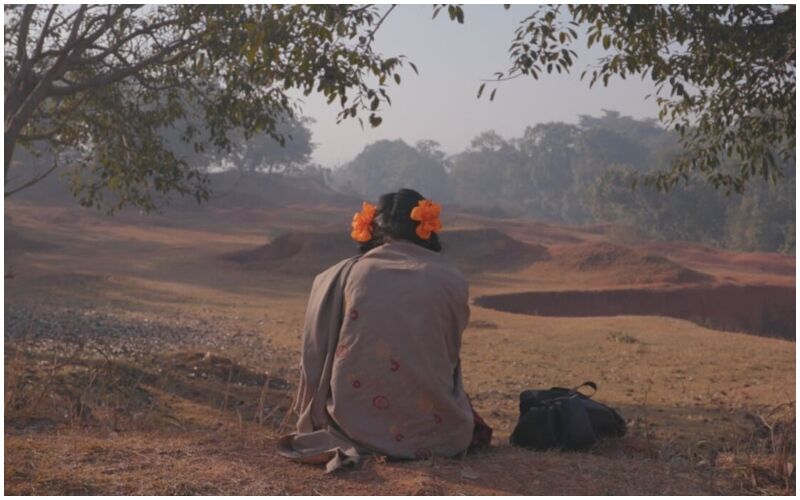To Kill A Tiger: Delhi HC Seeks Centre's Stand On Revealing Minor Rape Survivor's Identity In Oscar-Nominated Film
To Kill A Tiger revolves around a horrendous true incident of a man battling for justice for his 13-year-old daughter who was sexually assaulted

The Delhi High Court, on Thursday (July 25), sought the response of the Centre regarding a plea demanding action against filmmaker Nisha Pahuja and Netflix for allegedly disclosing the identity of a minor gang rape survivor in the documentary "To Kill A Tiger," thus violating legal provisions. To Kill A Tiger, set in a village in Jharkhand, narrates the story of a man seeking justice for his 13-year-old daughter who was sexually assaulted by three men. The documentary gained international recognition, being nominated for 'Best Documentary Feature' at the 96th Academy Awards this year.
The bench, led by Acting Chief Justice Manmohan and including Justice Tushar Rao Gedela, issued notices to the Centre, Pahuja (an Emmy-nominated filmmaker based in Toronto, Canada), and Netflix. This action came in response to a petition by the 'Tulir Charitable Trust.' However, the bench declined to halt the streaming of the documentary at this stage, noting it has been publicly available since March.
The petitioner's counsel alleged that the documentary revealed the minor survivor's identity by not masking her face and showing her in her school uniform. "The film was shot over 3.5 years. Pahuja made no attempt to mask the minor's identity. There are around 1,000 hours of filmmaking. The poor girl was asked to repeat her ordeal. All parts are known to Netflix," argued the counsel. The counsel further alleged that the survivor, due to a "Stockholm syndrome" type of situation, could not have genuinely consented to the revelation of her identity once she became an adult.
He contended that the documentary violated the Protection Of Children from Sexual Offences Act (POCSO) and other laws protecting the identities of minor rape survivors. "The film panders to international taste and disregards the legal provisions meant to protect the identity of minor rape survivors," the counsel asserted.
The Centre's counsel requested time to gather instructions on the petition. Meanwhile, the lawyer representing one of the private respondents argued that the documentary was made with the consent of the minor's parents and released after she turned 18 and provided her consent. "Once the child is a major, she has the ability to talk about what happened to her if she so chooses," the lawyer stated, adding that accepting the petitioner's argument would imply no book or film could ever be made about such incidents, which was not the legislature's intent when enacting these protective laws.
The court was informed that the documentary was first released in Canada in 2022 and later in India in March of this year. The matter is scheduled for further hearing on October 8.
Image Source: Twitter
